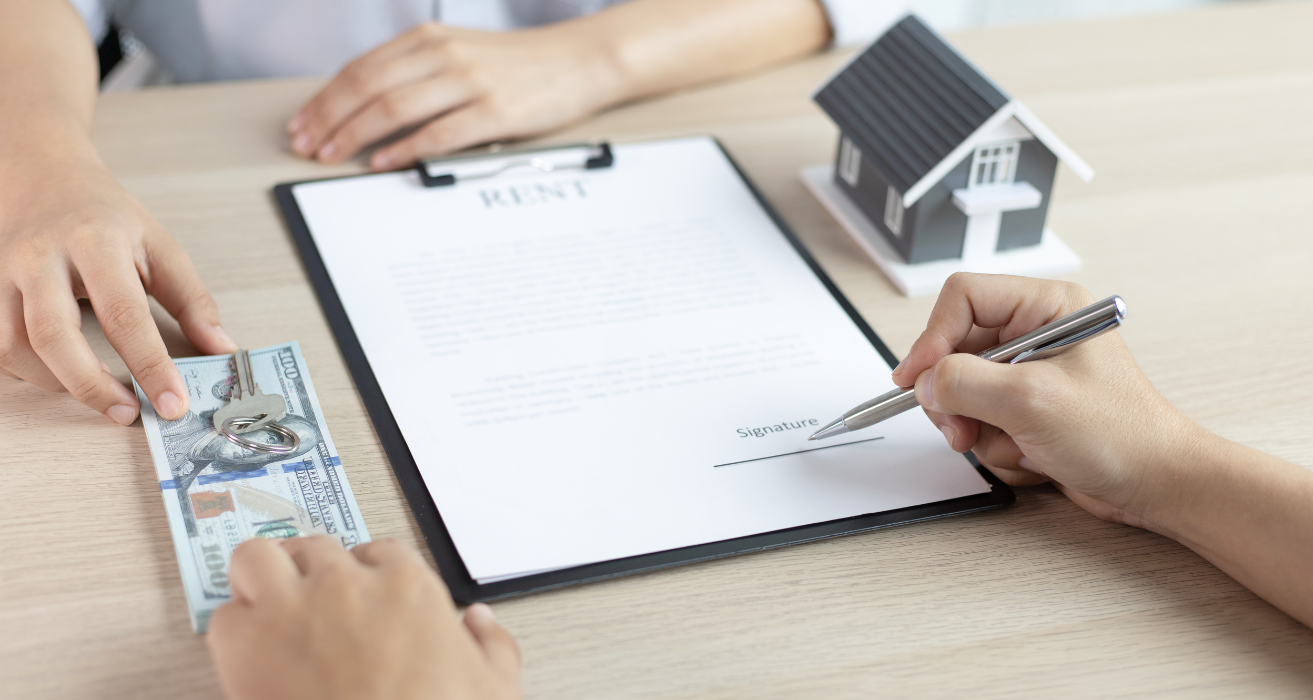How to Check for Property Liens Before Buying a Home?
.jpg)
Buying a home is a huge investment, but what if your dream property comes with a hidden financial nightmare?
Here’s the harsh truth: A lien can be attached to a property without your knowledge, before or even during closing. If you’re not careful, you could unknowingly inherit someone else’s unpaid debts, putting your ownership at serious risk.
Don’t worry, we’ve got your back. This guide explains how to check for liens before you buy so you can move forward with total peace of mind.
Key Takeaways:
- Understand what a property lien is and how it impacts your home purchase.
- Learn how to conduct a title search and where to access public records.
- Discover red flags that could derail your closing.
- Find out who can help and what tools are available to buyers.
- Know your rights and next steps if a lien is found.
What Is a Property Lien?
A property lien is a legal claim against a property due to an unpaid debt. It can be placed by:
- Tax authorities (for unpaid property taxes)
- Contractors (mechanic’s lien)
- Mortgage lenders (if prior debts haven’t been cleared)
- HOAs (for unpaid dues)
Liens can delay closing or even cancel your home purchase. Worse, if undetected, you may inherit the debt.
Pro Tip: Always ask your real estate agent or attorney whether the seller has cleared all outstanding obligations tied to the property.
Step-by-Step: How to Check for Liens?
1. Order a Title Search
This is the gold standard. A licensed title company reviews public records for any claims, encumbrances, or past-due taxes. Most buyers do this during escrow, but you can initiate one sooner for peace of mind.
2. Search County Records Yourself
- Visit the county recorder’s office (or website)
- Search using the property’s parcel number or address
- Look for recorded liens, judgments, or notices
Many counties now offer digital search tools. Some even let you sign up for alerts if a new lien is filed.
3. Use Online Title Tools
Some platforms offer basic lien info for free or a small fee. These tools can be helpful for early research, though they aren’t as thorough as official title searches.
4. Talk to a Real Estate Attorney
If you suspect something’s off or need help interpreting documents, an attorney can give clarity. Especially important for homes in probate or foreclosure.
Red Flags to Watch Out For
- The seller is in a rush to close
- Inconsistent or missing documents
- Past foreclosure or short sale
- HOA disputes or unpaid taxes
Heads up: Just because a home looks pristine doesn’t mean it’s lien-free.
What Happens If You Find a Lien?
If a lien is discovered:
- Request resolution from the seller before closing
- Negotiate credits or repairs based on the lien value
- Walk away if the lien isn’t cleared
A clean title is non-negotiable; it protects your right to the property.
Conclusion: Protect Your Purchase Before It's Too Late
No one wants to fall in love with a house only to discover a hidden lien days before closing.
Do your homework now. A simple lien check can save you from stress, delays, and thousands in unexpected costs.
If you’re ready to buy with confidence, check out reAlpha, a commission-free platform helping buyers make smarter, safer decisions. You can also explore mortgage options and educational tools at Be My Neighbor Mortgage, your guide to a seamless buying experience.
FAQs
How do I know if there’s a lien on a property?
Start with a title search from a title company or search your county recorder’s office online.
Can I still buy a house with a lien on it?
Yes, but it’s risky. The lien must be cleared before closing or formally resolved with the seller.
How long does a lien stay on a property?
Depending on the type, liens can last from a few years to indefinitely until paid or legally removed.
Does title insurance cover liens?
Only if the lien existed before your policy started and was missed in the title search.
Who pays off property liens?
Typically, the seller must pay off all liens before closing. Your contract should reflect this.
Compliance Disclosures:
- Be My Neighbor Mortgage, NMLS #1743790, is an equal housing lender.
- All information is for educational purposes only and not financial advice.
- Realpha is a commission-free home buying platform; however, standard closing costs and lender fees may still apply.
- Always consult a licensed real estate attorney or title professional before making real estate decisions.
- This post does not constitute an offer to extend credit or originate a loan. Loan approval is subject to credit, underwriting, and property approval.
Next Step: Explore the lien status of your next dream home with confidence. Start your search with reAlpha and lock in your mortgage insights with Be My Neighbor Mortgage.





.png)
.png)
.png)
.png)
.png)
.png)








.jpg)
.jpg)
.jpg)
.jpg)
.jpg)
.jpg)
.jpg)
.jpg)
.png)








.png)
.jpg)
.jpg)
%20(1).jpg)
.jpg)
.jpg)

.jpg)
.jpg)




-min.png)
.avif)
-min.png)
-min.png)
.jpg)
.avif)

-min.png)

.avif)
.avif)






-min.png)
-min.png)
-min.png)

-min.png)

-min-p-1080%20(1)%20(1).jpg)
-min.png)
-min.png)
.avif)
.avif)
.avif)
.avif)
.avif)
.avif)
.avif)
.avif)
.avif)
.avif)
.avif)
.avif)
.avif)
.avif)
.avif)

.avif)
.avif)
.avif)
.avif)
.avif)
.avif)
.avif)
.avif)
.avif)
.avif)



